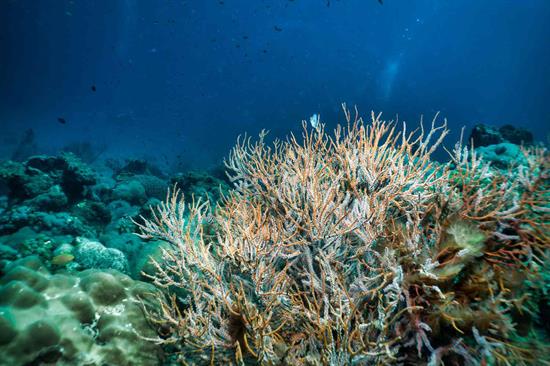Press Releases
Pingree Bill to Support Coastal Communities Impacted by Ocean Acidification Advances Through Committee for House Vote
Washington,
March 29, 2023
Tags:
Fighting Climate Change
Today, the House Committee on Science, Space, and Technology unanimously passed Congresswoman Chellie Pingree’s (D-Maine) Coastal Communities Ocean Acidification Act of 2023, setting the legislation up for a House vote this Congress. Pingree, who is ranking member of the House Appropriations Interior and Environment Subcommittee, released the following statement on the committee’s decision: “Ocean acidification is threatening everything from shellfish in the Gulf of Maine to corals off the Great Barrier Reef. Our coastal communities grappling with the consequences of the ocean’s chemical imbalance—driven by human activities—need federal support to respond to this growing crisis. I’m pleased the House Committee on Science, Space, and Technology recognizes the urgent need to act and passed my bipartisan Coastal Communities Ocean Acidification Act. This legislation will address the growing and far-reaching threat of ocean acidification to help ensure that our ocean industries, including fisheries, and the communities that depend on them, are more resilient to our changing oceans. I’m eager to vote for its passage in the House and urge my colleagues to join me.” Pingree introduced the Coastal Communities Ocean Acidification Act of 2023 with Congressman Michael Waltz (R-Fla.) in January. The bipartisan bill would direct the National Oceanic and Atmospheric Administration (NOAA) to support the current efforts of coastal communities, particularly those who are underserved and rural, that are already facing the impacts of ocean acidification and better equip them with the resources to respond. Our oceans play a critical role as a natural carbon sink, absorbing around a quarter of carbon dioxide emissions from human activities each year. As a result, global oceans have become more acidic by approximately 30% since the Industrial Revolution and could experience increases up to 150% by the end of the century—creating challenging growing conditions for marine organisms, particularly those with calcium carbonate shells. Pingree has introduced legislation to study ocean acidification throughout her congressional tenure. In the 116th Congress, portions of the Coastal Communities Ocean Acidification Act of 2019 passed into law as part of S. 914, the Coordinated Ocean Observations and Research Act. Most significantly, S. 914 included a provision directing NOAA to conduct an economic vulnerability report every six years to examine gaps in ocean acidification monitoring, including identifying geographic areas, marine resources, and coastal communities that may be impacted. The Coastal Communities Ocean Acidification Act of 2023 updates the bill’s remaining provisions to ensure that NOAA collaborates with and supports state, local, and tribal entities who are already conducting ocean acidification activities, such as those playing a critical role in Maine. This bill includes the remaining provisions that target NOAA’s support, through improved collaboration and information sharing, to the many coastal communities that are actively working to combat ocean and coastal acidification. Particularly, the inclusion of Indian Tribes within the Ocean Acidification Advisory Board ensures the participation and engagement from a comprehensive range of affected stakeholders that are critical to ocean acidification research and mitigation efforts. The Coastal Communities Ocean Acidification Act of 2023 would:
### |

